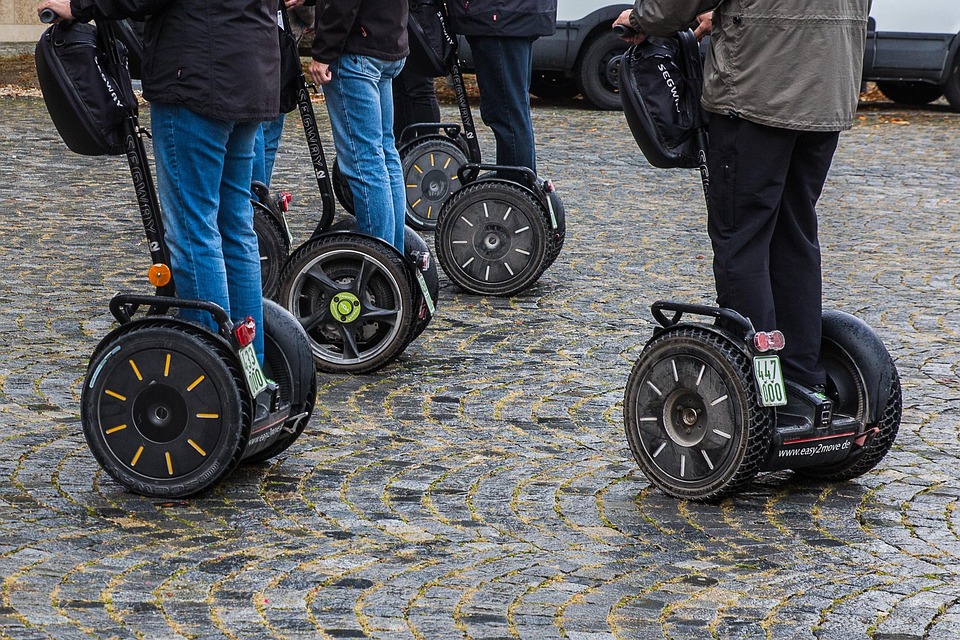Essential Interview Guide for Aspiring Environmental Engineers: Tips and Insights for Success
The journey towards becoming an environmental engineer is as intricate as the ecosystems they strive to protect. As the demand for sustainable solutions escalates, so does the competition in the job market. Mastering the art of the interview can be a game changer, and here’s an insightful guide to help you navigate this crucial step.
Understanding the Role
Before stepping into the interview room, it’s paramount to have a comprehensive understanding of what environmental engineering entails. This role often intersects with various disciplines, including chemistry, biology, and geology, as well as regulatory frameworks and sustainability practices. Familiarise yourself with key concepts such as waste management, water treatment, and renewable energy systems. Reflect on how these elements apply to current global challenges – this will not only bolster your confidence but also demonstrate your passion and knowledge to potential employers.
Crafting Your Narrative
Your personal story is a powerful tool; it can set you apart from the sea of candidates. Consider the following aspects when formulating your narrative:
-
Academic Background: Highlight relevant coursework and projects. Perhaps you conducted a research study on pollution control or participated in a community recycling initiative.
-
Internships and Experience: Discuss any practical experience, whether it’s a summer internship with a consultancy or volunteer work with an environmental charity. These experiences showcase your hands-on skills and commitment.
-
Soft Skills: Environmental engineers must be adept communicators and team players. Share instances where you collaborated on a project or presented findings to a diverse audience.
-
Long-term Vision: Articulate your career aspirations. Employers appreciate candidates who are forward-thinking and can envision their growth within the company.
Anticipating Technical Questions
Prepare for a range of technical inquiries that could arise during your interview. Candidates might be asked to solve problems on the spot or discuss recent developments in environmental technology. Brush up on:
-
Current Regulations: Be aware of legislation such as the Environmental Protection Act and how it impacts engineering practices.
-
Innovative Solutions: Familiarise yourself with cutting-edge technologies, such as bioremediation methods or carbon capture techniques, to show your awareness of industry trends.
-
Case Studies: Be ready to discuss specific projects, either from your experience or well-known case studies, demonstrating your analytical skills and problem-solving abilities.
Behavioural Interview Techniques
Employers often use behavioural questions to gauge how you might handle various scenarios. The STAR technique (Situation, Task, Action, Result) is an effective method for structuring your responses. Consider situations where you faced challenges, worked under pressure, or had to make tough decisions. Your answers should not only reveal your capabilities but also reflect your character and values.
Dress the Part
While it may seem superficial, first impressions matter. Dressing appropriately for the interview signals professionalism and respect for the company. Aim for smart-casual attire; you want to look polished yet approachable.
Follow-Up with Finesse
After the interview, don’t underestimate the power of a thoughtful follow-up. A simple thank-you email reiterating your interest in the position can leave a lasting impression. Use this opportunity to mention something specific from the interview that resonated with you, reinforcing your enthusiasm for the role.
As you prepare to embark on your journey towards becoming an environmental engineer, remember that every interview is a learning experience. Embrace the challenges, reflect on your experiences, and continuously refine your approach.
Remember, CVPortal consistently brings you a variety of high-quality CV references that can help you stand out in your job search.


